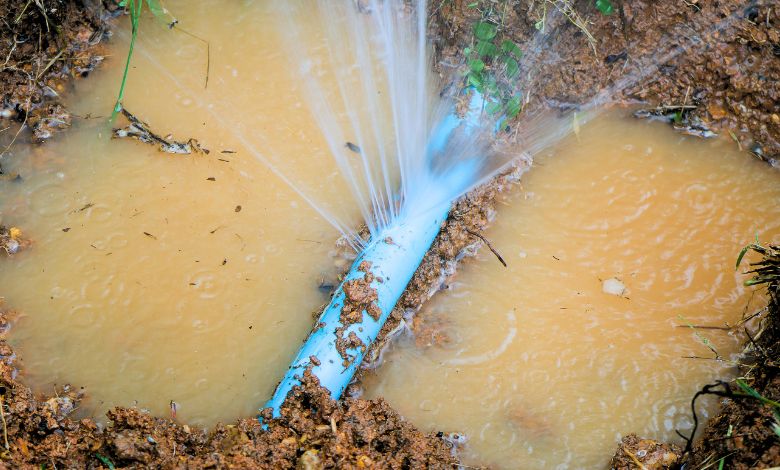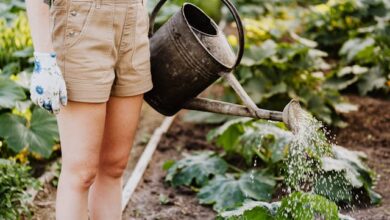
Some of the Common Reasons Behind Pipe Failure
Problems with pipes can cause significant inconveniences and potentially costly damage. In this post, we will discuss some of the common reasons behind pipe failure and provide practical solutions to prevent damage. By being proactive and addressing pipe issues early on, you can save both time and money.
1. Corrosion and Decay
One of the primary causes of pipe failure is corrosion, which can occur over time due to a natural breakdown of materials within the pipe. Water composition, pipe age, and environmental conditions can contribute to corrosion. It’s important to be aware of the different types of corrosion. Examples include crevice corrosion, which happens in cracks, and galvanic corrosion, which forms when two metals come into contact with the same conductor.
Preventing Corrosion
Consider installing corrosion-resistant piping—copper, stainless steel, or plastic—to minimize the risk of corrosion. Additionally, you can use water softeners or filters in your building or home to reduce the presence of minerals in the water that can lead to corrosion.
2. Freezing and Bursting
Frozen pipes are another common reason for pipe failure. When water in the pipes freezes, it expands, causing the pipe to crack or burst. This often results in significant water damage.
Protecting Pipes From Freezing
Insulating pipes is a helpful preventive measure to avoid freezing. Keeping the temperature around the pipes above water’s freezing point and maintaining good air circulation around the pipes will also help. You can open cabinet doors in your home to allow warm air to flow around the pipes. Another way to prevent freezing is to open taps slightly and allow water to drip from faucets.
3. Clogs and Blockages
Clogs and blockages in pipes can occur for many reasons. For example, the buildup of grease, foreign objects, or scale deposits from hard water can clog pipes. Over time, clogged pipes can reduce water flow or cause leaks and failures.
Preventing Clogs and Blockages
Implementing good habits can prevent clogs and blockages in your pipes. You can regularly clean drain traps and dispose of grease or oil safely. Avoid flushing inappropriate objects, such as wet wipes, down the toilet. Regularly maintaining and inspecting your pipes for signs of buildup or blockage can prevent issues from escalating.
4. Improper Installation
Another cause of pipe failure is improper installation, which can result from the wrong materials or poor handiwork. If workers don’t install pipes correctly, they can loosen, sag, or shift over time, eventually causing leaks or bursts.
Ensuring Proper Installation
Always hire a professional plumber for installation projects or repairs to prevent pipe failure due to improper installation. A licensed plumber is trained in the proper installation techniques, and they can guarantee your pipes are installed according to the right guidelines. For example, the plumber will know the number of feet to leave between the supports for a pipe based on its material. They will also know what materials they can use in the system based on the building’s height, as more materials may be permissible in taller structures. Since the specifics of these rules vary across towns and cities, you’ll appreciate that an expert is on the job.
In Conclusion
Preventing pipe failure is essential to avoiding costly damage and inconveniences. By understanding the common reasons behind pipe failure and implementing proactive measures to avoid these issues, you can enjoy reliable water flow. Remember to inspect your pipes regularly, keep an eye out for warning signs, and address issues early on to maintain the health of your infrastructure.




